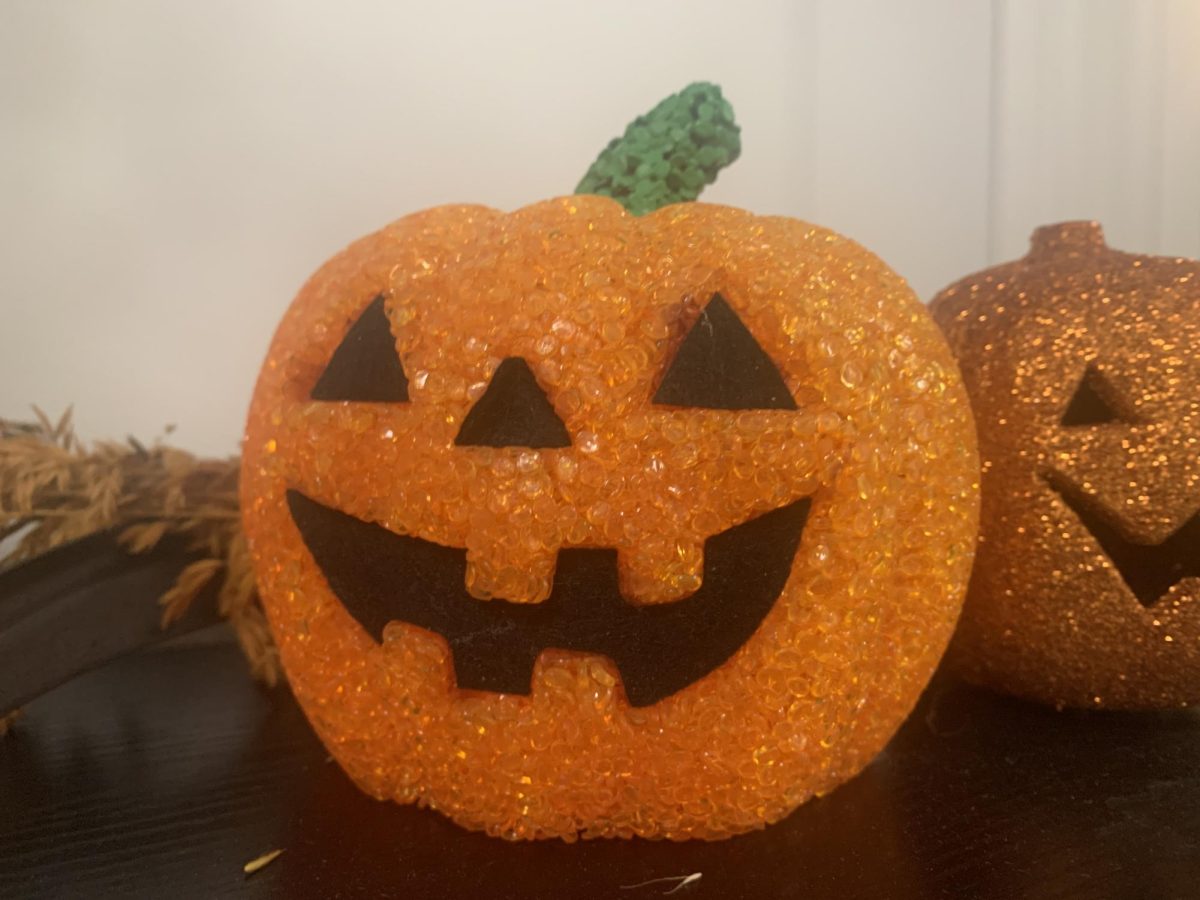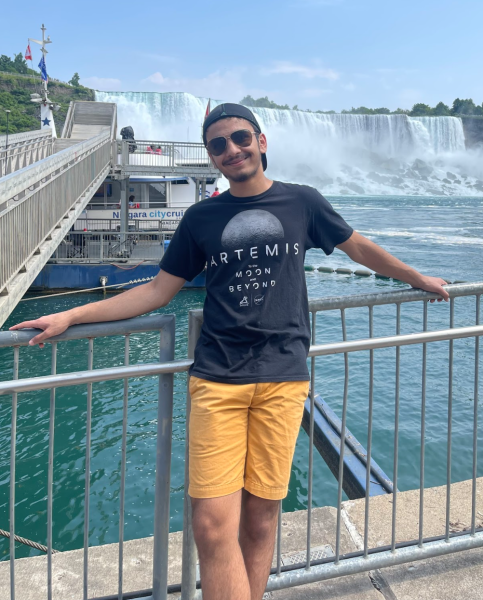This fall, Diwali ー the Hindu festival of light ー and Halloween will both be celebrated on October 31. For many Indian families, this has aggravated culture tensions, leaving them in a tug of war between the festivals.
Diwali is celebrated on a different date each year based on the lunar calendar, and this year, its date juxtaposes two festivals that celebrate polar opposite events. Diwali celebrates the triumph of light over darkness while Halloween is based on warding off spirits of the dead.
Diwali is typically celebrated with pujas, sweets, candles and fireworks, all of which serve as a representation of the good in the world. On the other hand, Halloween is celebrated with monsters, ghouls and phantoms.
This stark contrast is inflating tensions between generations for many Indian families. American-born Indian children feel pulled to Halloween after being surrounded by the Halloween culture during their childhood, despite knowing very little about the meaning and history of Halloween. The social pressure from non-Indian friends, peers and teachers celebrating Halloween pushes many Indian-Americans to Halloween.
However, the pressure to hold onto cultural roots leaves many Indian children torn between assimilation and cultural identity. Senior Manusri Mutyala feels the push and pull between Halloween and Diwali. “I probably won’t be allowed to go and visit some cool haunted houses even though I’m looking forward to it,” stated Mutyala. Still, for her, maintaining her cultural heritage is worth the social sacrifice. “The most important thing to me is that I don’t lose touch with my culture and roots,” she added.
On the other hand, Indian immigrants have grown up with Diwali as a central part of their culture and identity. In India, schools shut down for several days during Diwali, allowing for the festival season to be dedicated solely to spending quality time with family.
After immigrating to the US, many immigrants have been forced to forgo their culture in hopes of finding a new life, leaving them with minimal links to their previous life. “I’ve lived here for more than half of my life, so I feel like I have to hold onto the little connections I remember and have left from India,” said Mutyala in regards to her bond with Diwali.
Western culture has had a direct impact overseas as well. Despite growing up in a smaller town, college student Arushi Khatri has felt the impacts of Western culture on Indian traditions. She noted that the influence is much more evident in larger cities but that many people are holding on to their heritage. “Indians wait for Diwali and it’s exciting for all ages of people, younger kids to old age people, so…Diwali will be given more preference,” Khatri explained.
However, many families are choosing to adopt a culture fusion this year. Sophomore Idhika Subish explained that her family does not put as much emphasis on Diwali, allowing for blended festivities. “Hence Halloween continues as usual and maybe after trick or treating we’ll go to someone’s house for a Diwali dinner,” Subish described.
In the end, the machinery of globalization will inevitably merge cultures from across the globe, bringing about new fusions but also cultural conflicts. Now, the next generations will have to forge a balanced path between homogeneity and cultural identity.










